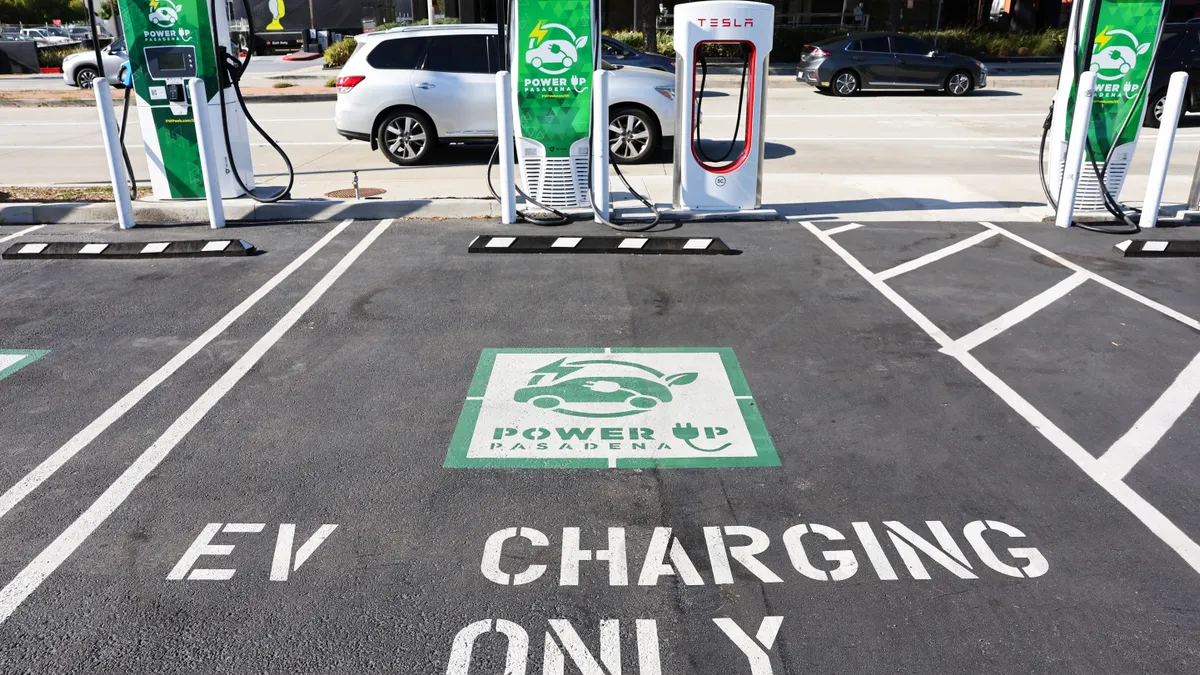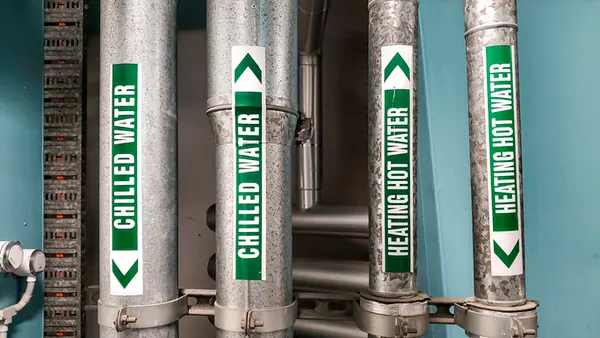The more electric vehicles people see in their neighborhood, the more likely they are to purchase one, according to results from a Consumer Reports survey released Thursday and a 2021 research report from the National Center for Sustainable Transportation. Talking with or knowing others who own electric vehicles creates “peer effects” that can influence someone’s decision to buy an EV, the studies revealed.
“We have found that the more an individual has exposure to an EV or experience with an EV, then the less concerned they are about certain barriers, whether that be price or charging,” said Mary Greene, senior policy counsel for CR’s sustainability policy team.
Consumer Reports developed an “EV experience index” from respondents’ answers to four questions: whether they’ve seen an electric-only vehicle in their neighborhood; if they have a friend, relative or co-worker who owns an EV; if they have been a passenger in an EV in the past 12 months; or if they’ve driven one in that timeframe.
Based on those criteria, more than half of those surveyed reported having some EV experience. The survey also found that 20% of respondents who said they would “definitely” buy or lease an EV as their next vehicle have driven one.
The NCST report assessed the role of exposure to zero-emission vehicles at home or at work in California. Researchers were studying the idea that “increased numbers of [electric] vehicles on the road contribute to increasing awareness and knowledge levels on the part of the general population, and the longer this continues, the more ‘legitimized’ the new technologies will be in the minds of consumers.”
The study concluded that peer effects, along with socioeconomic and demographic characteristics, as well as EV-friendly government policies, can play an important role in the public’s adoption of electric vehicles.















